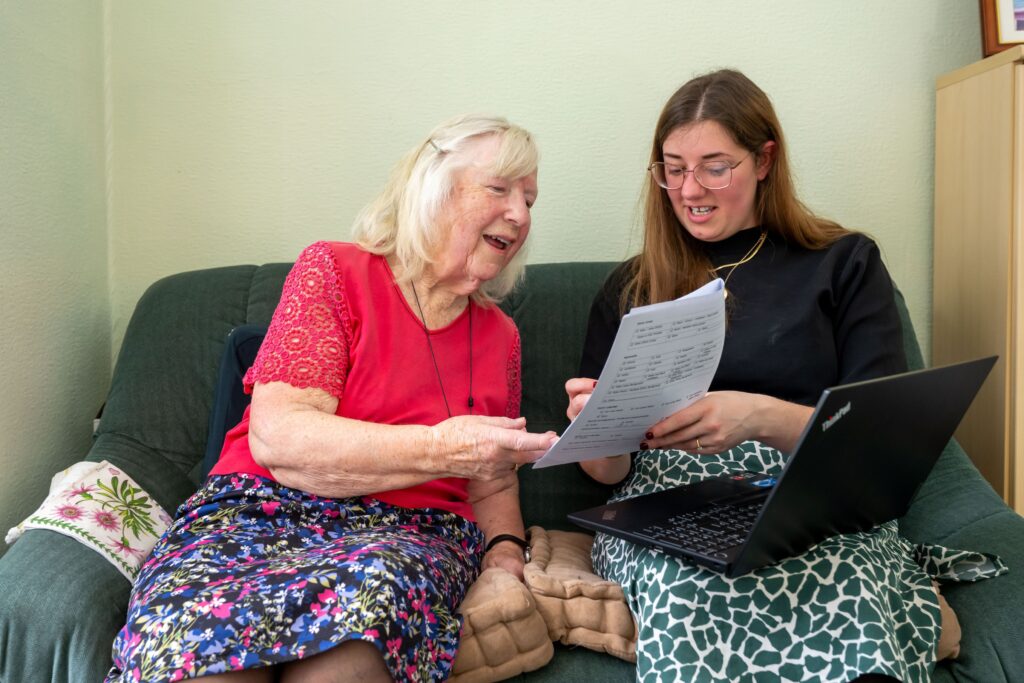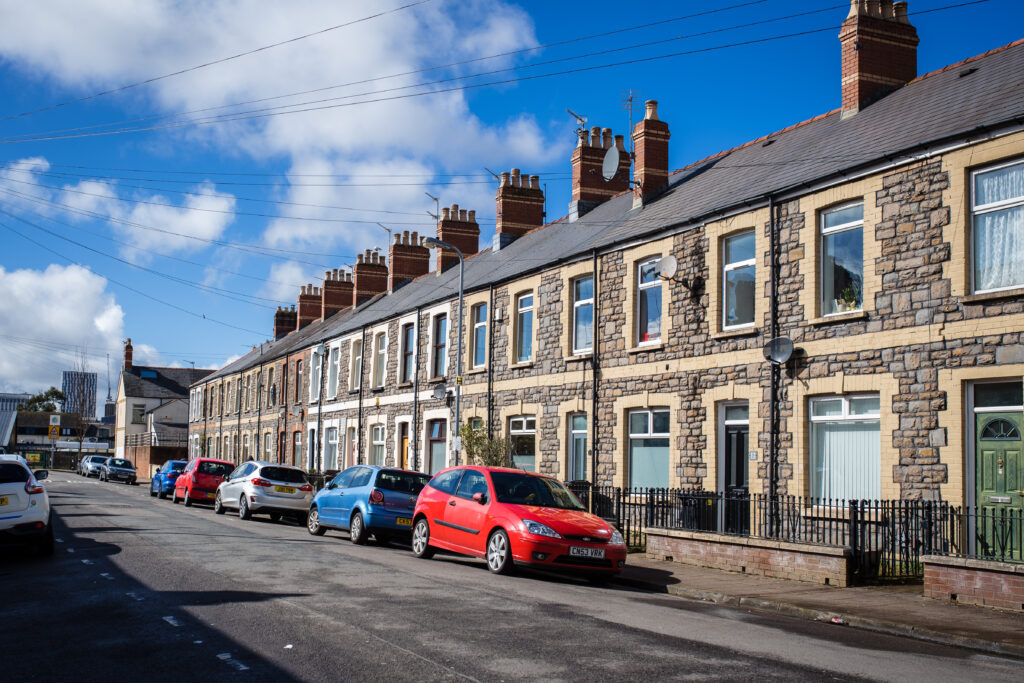Reducing the number of Welsh MPs will have profound implications for the political parties in Cardiff Bay
In politics unintended consequences often turn out to be more far reaching than the intended ones. This may well prove to be the case with the Westminster Government’s intention, confirmed by Deputy Prime Minister Nick Clegg this week, to cut the number of MPs in the House of Commons from 650 to 600. The intentions are to reduce costs (it would save £12m in pay, pensions and allowances) and make the redrawn constituencies more equal in terms of their electorate – all will have about 75,000 voters .
As has already been noted, this will have a disproportionate impact on Wales. The accompanying table gives the number of electors for each of the 40 Welsh Parliamentary constituencies. None reach anywhere near 75,000. They range from just 42,998 in Arfon to 68,229 in the Vale of Glamorgan. The average size is 55,960. It has been calculated that if this figure moves to 75,000 then Wales would lose ten seats, or a quarter of its representation at Westminster.
It is argued that this major loss in representation will be compensated by the presence of the 60 elected members in the National Assembly, especially if Wales gets further legislative powers following the referendum next March. Scotland provides a precedent, it is said. Following the creation of the Scottish Parliament Scottish MPs at Westminster were reduced from 72 to 58. This was a partial acknowledgement of the thorny ‘West Lothian’ question – the devolution anomaly whereby Scottish MPs can vote at Westminster on English domestic matters, but English MPs cannot do the same on Scottish domestic matters.
Now here come the unintended consequences. When the Welsh Parliamentary constituencies are redrawn and cut to 30 that will have an immediate impact on the number of first-past-the-post members in the Assembly. They will also fall from 40 to 30. Unless nothing is done that will bring the number of Assembly members down to 50, when there are already complaints that their numbers are too small. The Richard Commission recommended that they should actually be increased, to 80.
So it was revealing that at his weekly Press briefing this week Nick Bourne, the Conservative leader in the Assembly, confided that he had had a conversation with the Secretary of State for Wales, Cheryl Gillan, about this and won an assurance that the present number of AMs would not be allowed to fall.
So how would they be sustained? Here comes a second unintended consequence. The obvious way would be to follow Scotland and retain the present 40 constituency boundaries for Assembly elections, thereby making separate constituencies for AMs and MPs. However, Nick Bourne said he was very much against this. It would create confusion in the minds of the electorate and be a nightmare for party workers who would have to create separate organisations in the same area to fight the various elections. No, he was committed – indeed, adamant – to have the same first-past-the post constituencies for both Westminster and Assembly elections. It follows from this that the only way to retain the 60 members will be to have an extra ten elected on the List, two more for each of the five regional lists.
A third unintended consequence then kicks in. Increasing the number of List members makes the Assembly’s representation more proportionate, and as a result benefits the smaller parties and will hurt Labour. Its difficult to calculate by how much, but it is likely that all three smaller parties – Conservative, Liberal Democrats and Plaid – would benefit. Labour might lose between three and five seats, and – fourth unintended consequence – coalition government would become a permanent fixture in Cardiff Bay.
When you set out all these ‘unintended’ consequences in this way, it does leave you wondering how unintended they really are.
What is the answer for Labour? None, but to abandon the List system, and opt for the Single Transferable vote in multi-member constituencies, again as recommended by the Richard Commission. That way the vote would be completely proportional and all parties would get their just deserts. It was interesting on this front that, at his Press conference Nick Bourne let slip that he was in favour of devolving responsibility for elections and the electoral system from the Home Office to the National Assembly.
Constituency sizes and Members
| Constituency | Electorate | MP | Party |
| Aberavon | 50,422 | Dr Hywel Francis | Lab |
| Aberconwy | 43,976 | Guto Bebb | Con |
| Alyn & Deeside | 60,331 | Mark Tami | Lab |
| Arfon / Caernarfon | 42,998 | Hywel Williams | Plaid Cymru |
| Blaenau Gwent | 53,120 | Nick Smith | Lab |
| Brecon & Radnorshire | 53,497 | Roger Williams | Lib Dem |
| Bridgend | 57,046 | Madeleine Moon | Lab |
| Caerphilly | 64,120 | Wayne David | Lab |
| Cardiff Central | 60,864 | Jenny Willott | Lib Dem |
| Cardiff North | 63,615 | Jonathan Evans | Con |
| Cardiff South & Penarth | 67,855 | Alun Michael | Lab |
| Cardiff West | 64,587 | Kevin Brennan | Lab |
| Carmarthen East & Dinefwr | 52,741 | Jonathan Edwards | Plaid |
| Carmarthen West & South Pembrokeshire | 57,143 | Simon Hart | Con |
| Ceredigion | 52,514 | Mark Williams | Lib Dem |
| Clwyd South | 51,201 | Susan Elan Jones | Lab |
| Clwyd West | 55,381 | David Jones | Con |
| Cynon Valley | 48,272 | Ann Clwyd | Lab |
| Delyn | 54,277 | David Hanson | Lab |
| Dwyfor Meirionedd | 48,823 | Elfyn Llywd | Plaid |
| Gower | 60,535 | Martin Caton | Lab |
| Islwyn | 56,225 | Christopher Evans | Lab |
| Llanelli | 57,409 | Nia Griffith | Lab |
| Merthyr Tydfil | 55,476 | Dai Havard | Lab |
| Monmouth | 62,423 | David Davies | Con |
| Montgomeryshire | 46,655 | Glyn Davies | Con |
| Neath | 58,982 | Peter Hain | Lab |
| Newport East | 56,355 | Jessica Morden | Lab |
| Newport West | 60,882 | Paul Flynn | Lab |
| Ogmore | 53,842 | Huw Irranca-Davies | Lab |
| Pontypridd | 54,122 | Owen Smith | Lab |
| Preseli Pembrokeshire | 56,001 | Stephen Crabb | Con |
| Rhondda | 50,389 | Chris Bryant | Lab |
| Swansea East | 57,226 | Sian James | Lab |
| Swansea West | 58,336 | Geraint Davies | Lab |
| Torfaen | 61,371 | Phil Murphy | Lab |
| Vale of Clwyd | 49,637 | Chris Ruane | Lab |
| Vale of Glamorgan | 68,229 | Alun Cairns | Con |
| Wrexham | 50,890 | Ian Lucas | Lab |
| Ynys Mon | 49,831 | Albert Owen | Lab |
| TOTAL | 2,227,599 | ||
| Average | 55,690 |






Comments are closed.